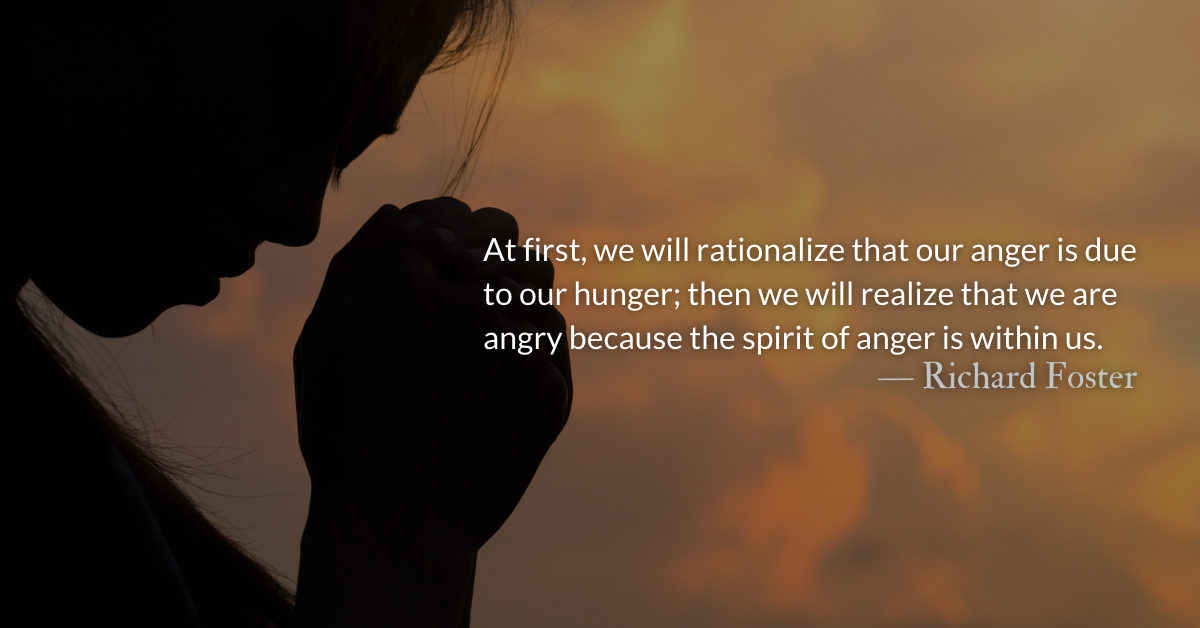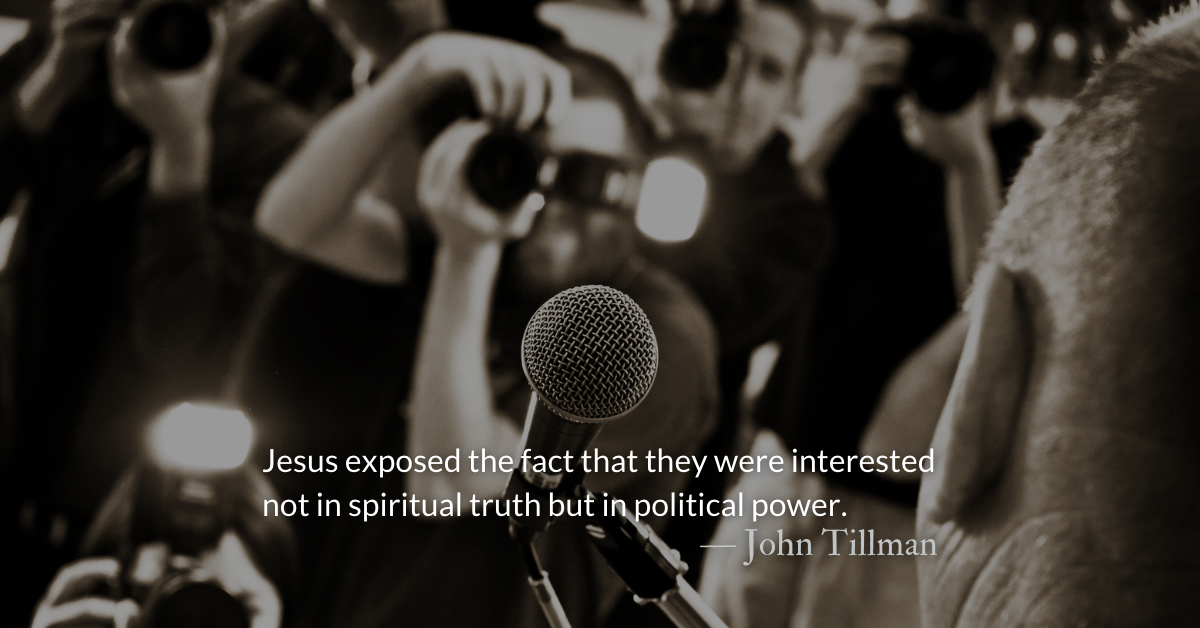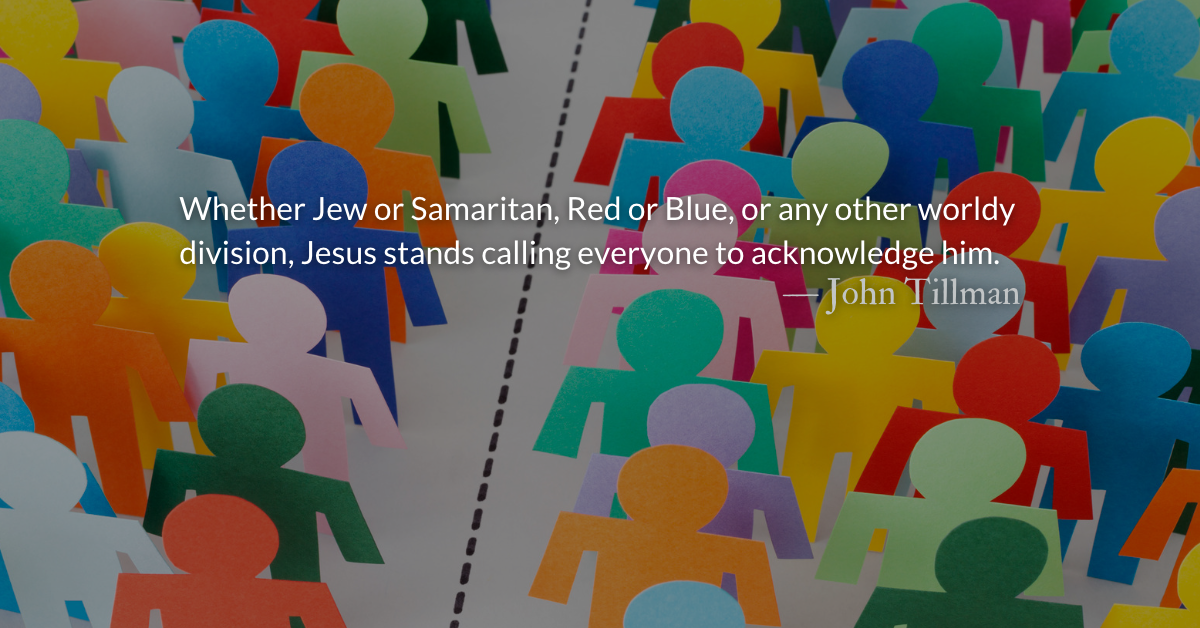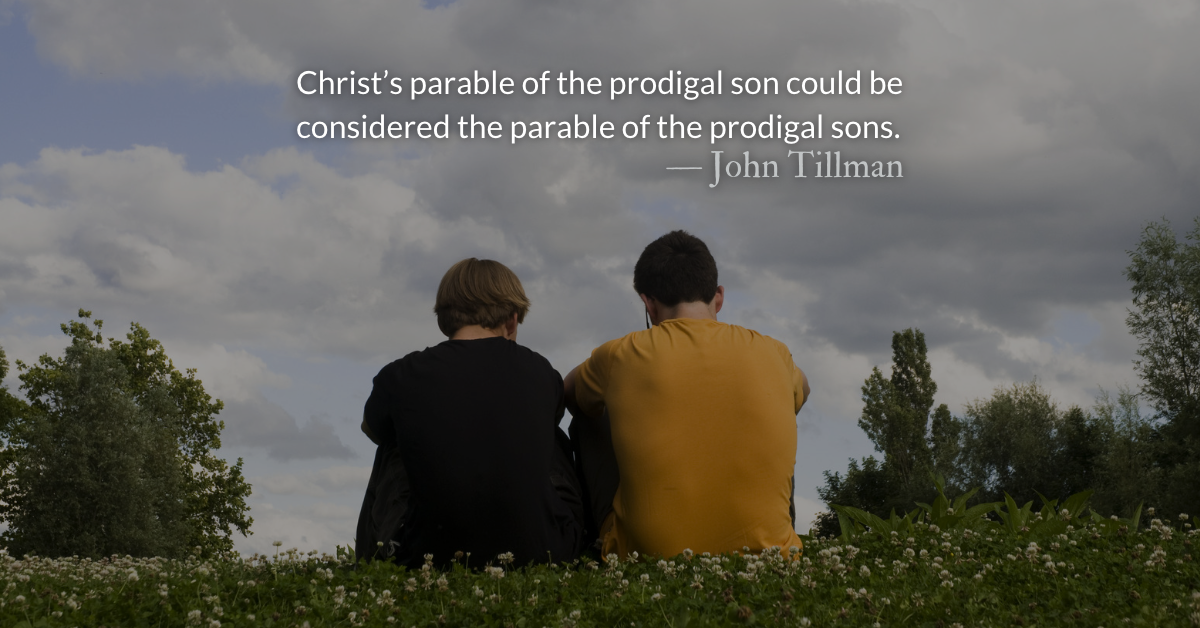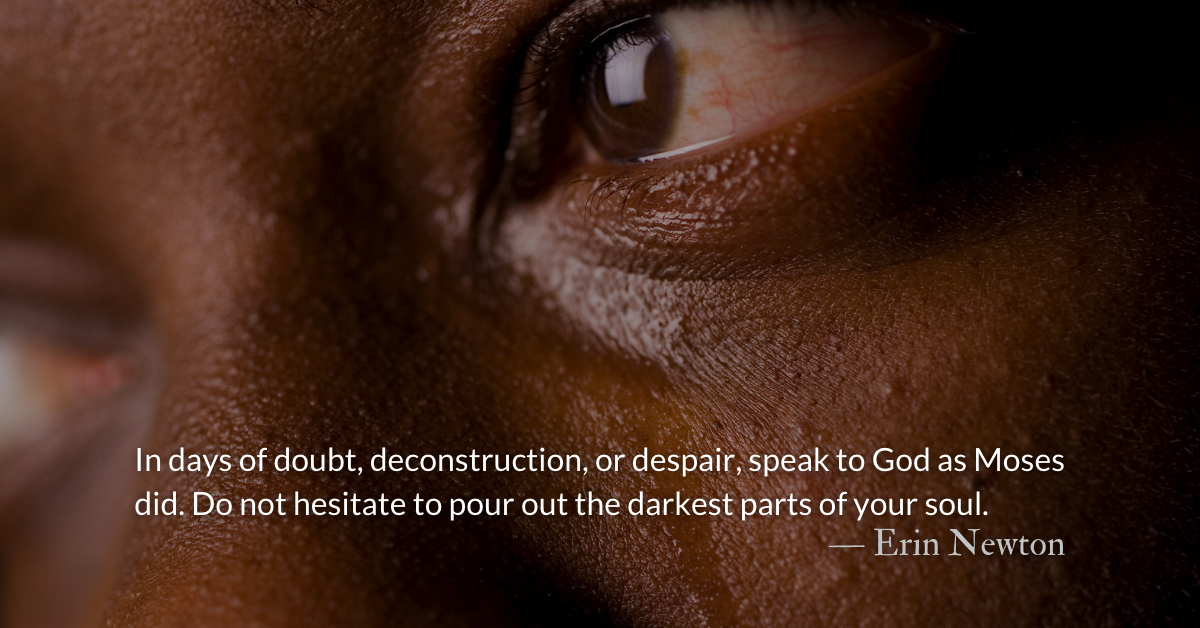Scripture Focus: Luke 21.34-36
34 “Be careful, or your hearts will be weighed down with carousing, drunkenness and the anxieties of life, and that day will close on you suddenly like a trap. 35 For it will come on all those who live on the face of the whole earth. 36 Be always on the watch, and pray that you may be able to escape all that is about to happen, and that you may be able to stand before the Son of Man.”
From John: How’s Lent going for you? With only 13 days left until Easter, we are looking back on this Lenten reflection from 2019. What is being exposed in your heart?
Reflection: Fasting Uncovers Our Hearts
By John Tillman
During Lent we often focus on the fasting component of the season.
Our fasting in Lent is often compared to Christ’s fasting in the wilderness prior to his testing by the Devil. One of the chief temptations involved in public fasts such as Lent is to defend them publically or engage in them privately by citing worldly benefits.
We can focus too much on how we might lose weight by constraining our consumption of certain foods or gain time by constraining our consumption of digital content or entertainment. But our physical gains and losses are of little spiritual consequence. If all we get from fasting is a measurable, earthly ROI, we will be unlikely to reap a spiritual benefit.
Richard Foster, in his devotional classic, Celebration of Discipline makes it clear that we must engage in fasting with our eyes focused only on heavenly, not worldly benefits:
“God questioned the people in Zechariah’s day, “when ye fasted…did ye at all fast unto me, even to me?”
If our fasting is not unto God, we have failed. Physical benefits, success in prayer, the enduing with power, spiritual insights —these must never replace God as the center of our fasting. John Wesley declares, “First, let it [fasting] be done unto the Lord with our eye singly fixed on Him. Let our intention herein be this, and this alone, to glorify our Father which is in heaven…” That is the only way we will be saved from loving the blessing more than the Blesser.
Once the primary purpose of fasting is firmly fixed in our hearts, we are at liberty to understand that there are also secondary purposes in fasting.
More than any other discipline, fasting reveals the things that control us. This is a wonderful benefit to the true disciple who longs to be transformed into the image of Jesus Christ. We cover up what is inside us with food and other good things, but in fasting these things surface. If pride controls us, it will be revealed almost immediately. David writes, ‘I humbled my soul with fasting” (Psalm 69.10).
Anger, bitterness, jealousy, strife, fear—if they are within us, that will surface during fasting. At first, we will rationalize that our anger is due to our hunger; then we will realize that we are angry because the spirit of anger is within us. We can rejoice in this knowledge because we know that healing is available through the power of Christ.”
Divine Hours Prayer: The Refrain for the Morning Lessons
Purge me from my sin, and I shall be pure; wash me, and I shall be clean indeed. — Psalm 51.8
– From The Divine Hours: Prayers for Springtime by Phyllis Tickle.
Today’s Reading
Exodus 39(Listen 5:24)
Luke 21(Listen 4:18)
Write With Us
We want to help students called to ministry improve their writing and gain experience in the unique area of devotional writing while getting coaching, and a small scholarship.
Read more about Fasting is for All
Fasting may be the most important spiritual discipline for the church to focus on in the next decade.


